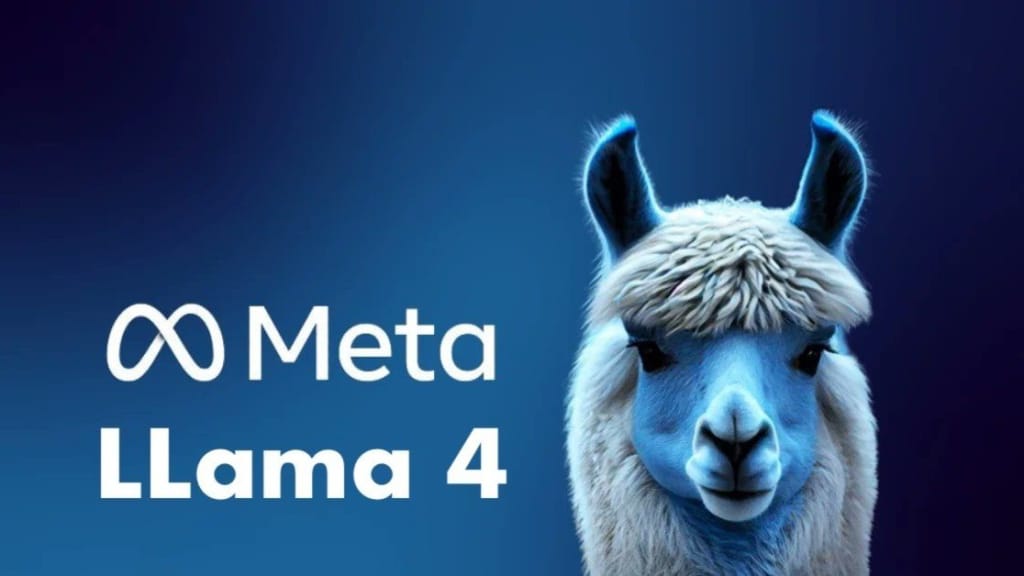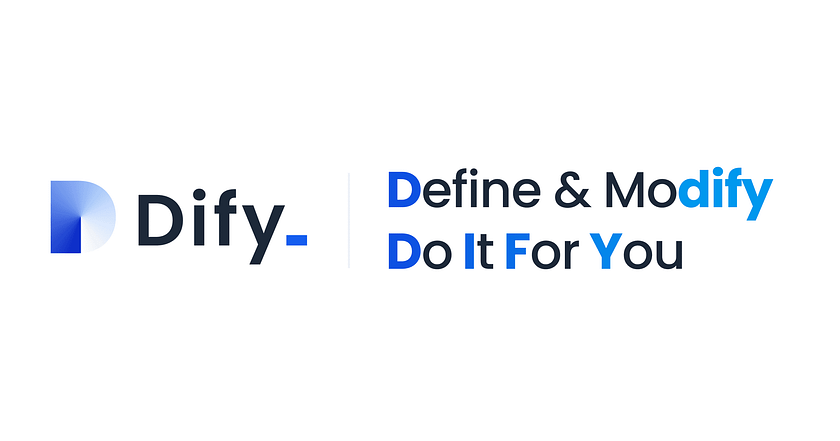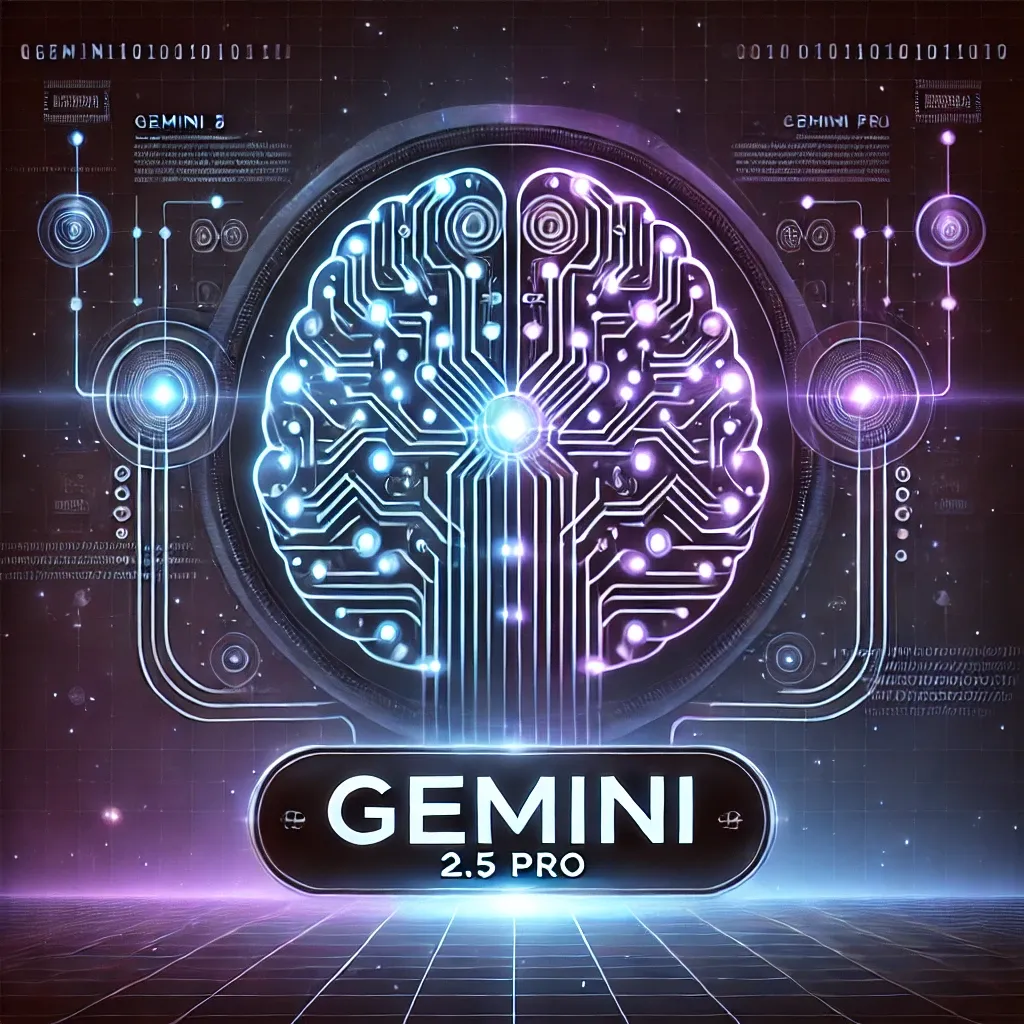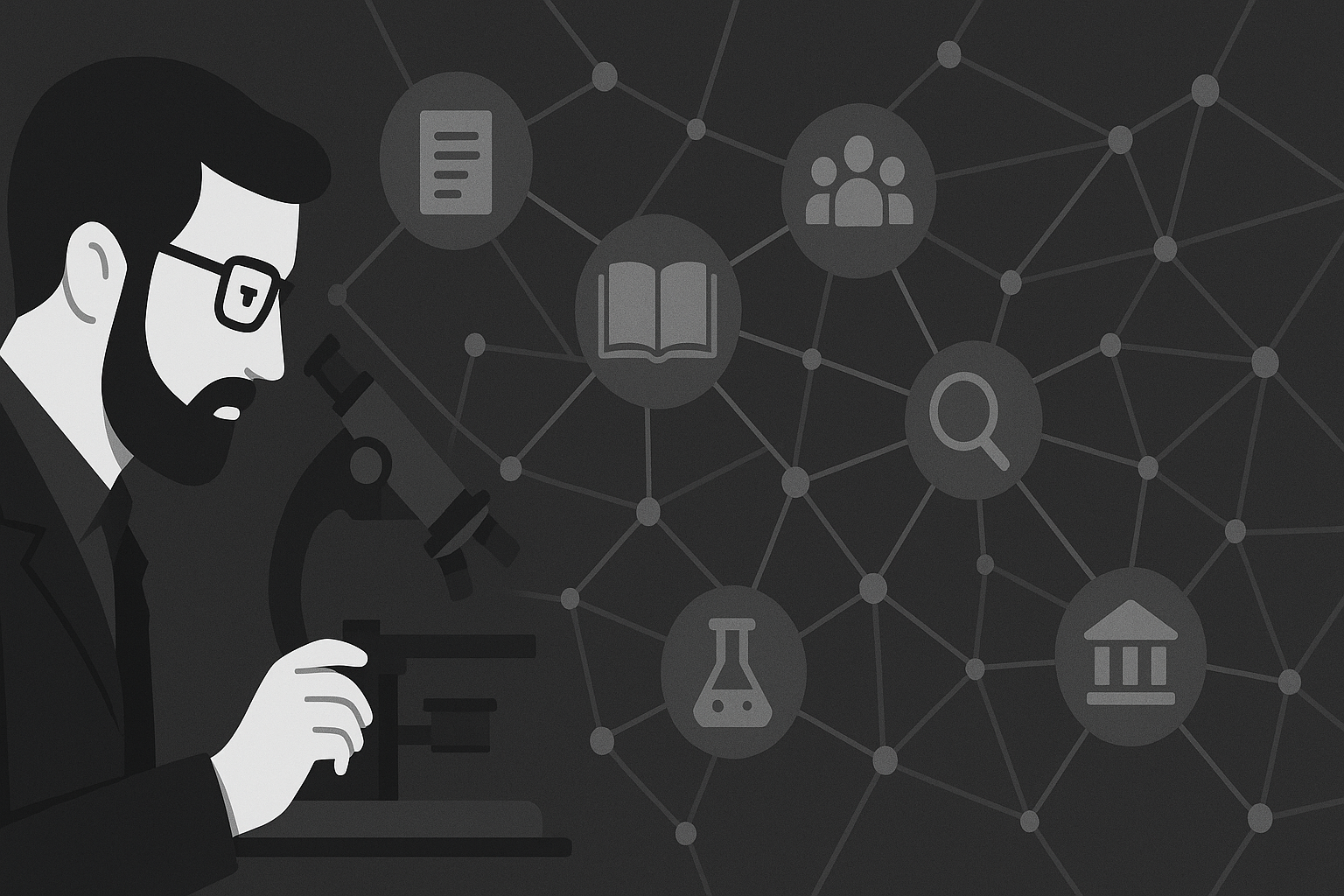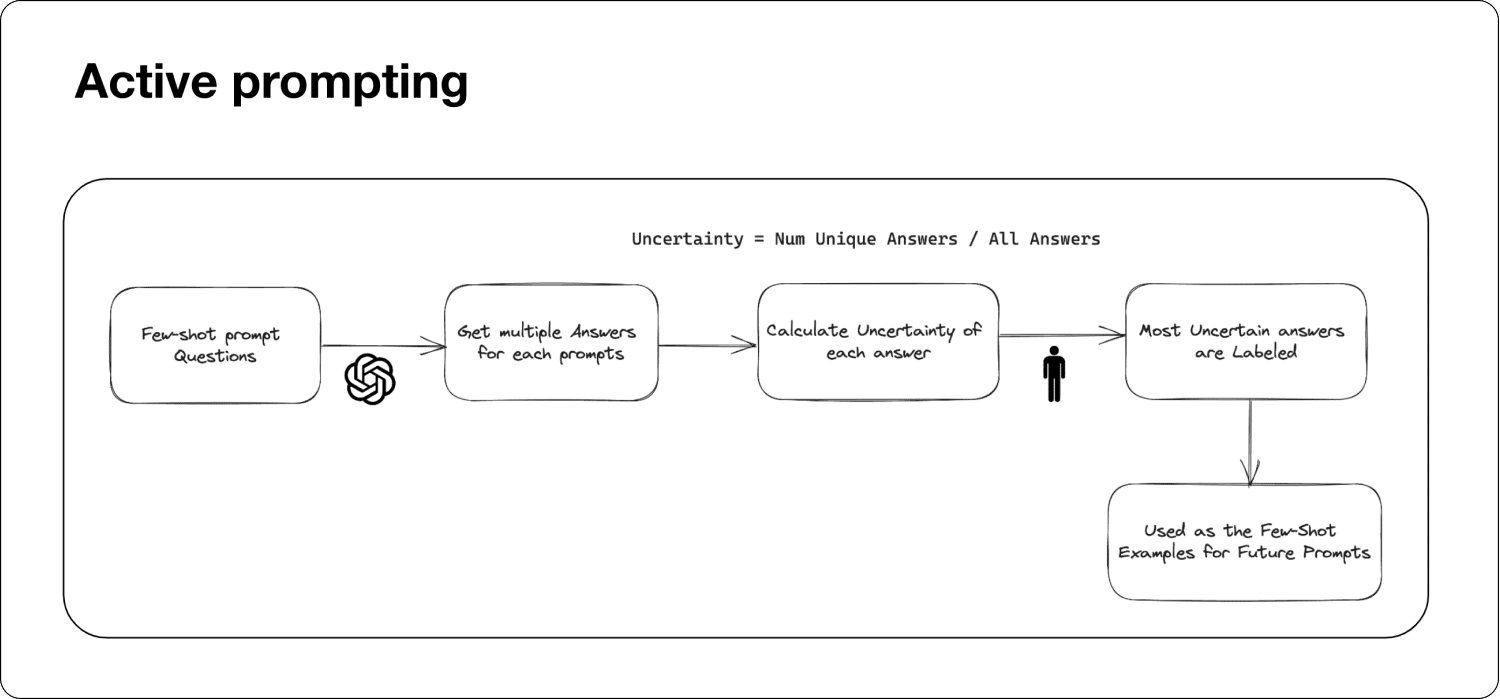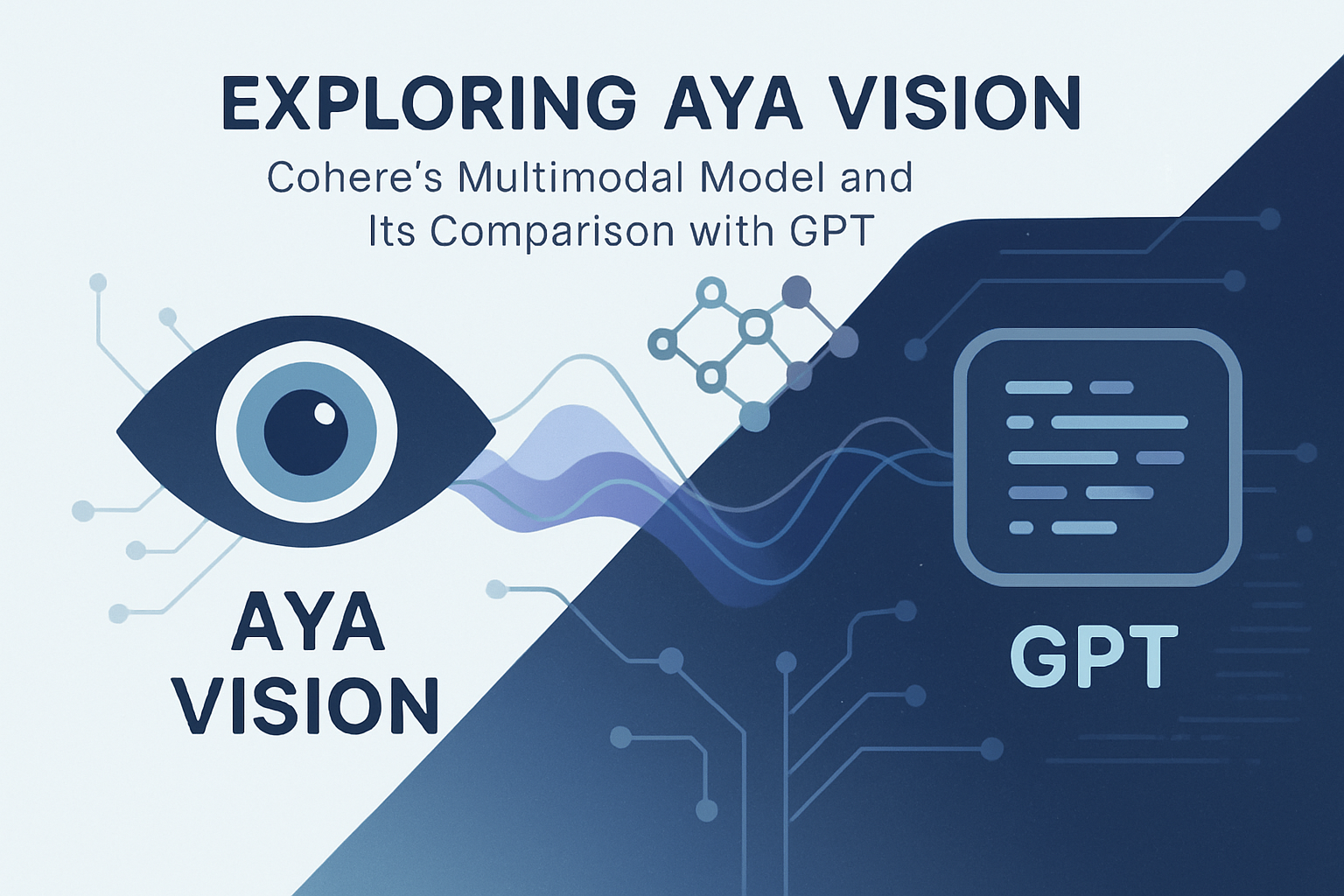
Introduction Vision-enabled AI models have rapidly evolved to become essential tools across numerous applications, from content moderation to image analysis and multimodal reasoning. Cohere's recent entry into this space with their Aya Vision model promises to deliver competitive capabilities in the increasingly crowded market of multimodal AI systems.
